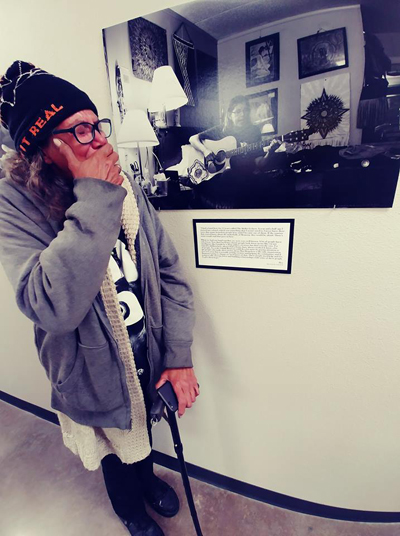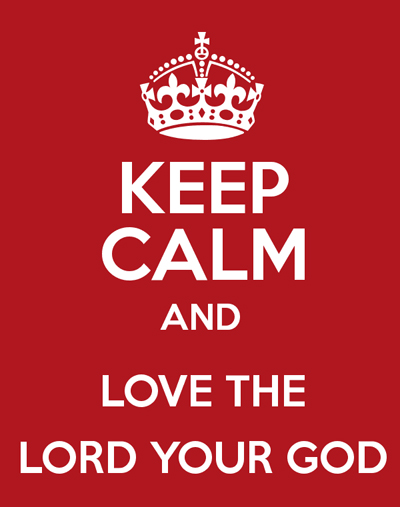
When people think of Branson, they often think of the multiple attractions it has to offer. The theatres and shows, retail stores, theme parks, lake activities, and family friendly atmosphere. Billboards line the highways, proclaiming good times and fun for all who come here!
But, that’s not the whole story is it? What about the thousands of workers it takes to make all of it possible? The workers getting paid minimum wage, struggling to support their families, and living out of motels because they can’t afford the housing cost in Branson. What about the darker side to this tourist town?
For those of us who live here, we know about this problem. We see it everyday, we hear about it in the news, we read about it on social media; and yet, it still doesn’t seem to really resonate with us.
We see someone in ragged clothing, whose hair looks unwashed, and we give them a label instead of a name. We see them as “homeless,” “seedy,” and “untrustworthy” and we choose to avoid instead of help.
A local photographer, Henry O. Head, came to us earlier this year with an idea of how to confront this issue, and shed light into the darkness.
“I wanted to spread awareness of these people as individuals and not just statistics,” said Henry. “Regardless of mental issues or outward appearances, these are our brothers and sisters in Christ and they are made in the image of God just as we are.”
Henry spent six months photographing the lives of people living in extended stay motels and struggling to make ends meet. He spoke with them about what they were going through and took photos in the moment, capturing their stories and the raw emotions behind them.
“I feel like, for the first time, I understand my hometown and I’ve lived here for almost sixteen years,” said Henry.
Today’s society has a tendency to push away the darker, uglier parts of life and simply pretend that they don’t exist.
We as Christians are especially guilty of this. We isolate ourselves amongst each other where we feel safe and comfortable, and we forget to actually live as Christ did. We forget that Jesus was called a friend of sinners, that He humbled himself and served others.
We forget to follow the greatest commandments set before us:

Hearing that Jesus had silenced the Sadducees, the Pharisees got together. One of them, an expert in the law, tested him with this question: “Teacher, which is the greatest commandment in the Law?” Jesus replied: “ ‘Love the Lord your God with all your heart and with all your soul and with all your mind.’ This is the first and greatest commandment. And the second is like it: ‘Love your neighbor as yourself.’ All the Law and the Prophets hang on these two commandments.” – Matthew 22: 34-40
Can you imagine what the world would look like if we were to just follow these two commandments? If we truly loved the Lord with our entire being and loved others as much as we love ourselves?
We have to make a radical change in the way we view those around us. We have to stop using the labels “homeless,” “seedy,” and “untrustworthy” and start using the only ones that matter: “Human Being,” “Worthy,” and “Child of God.”
These are our neighbors and we are called to love them as we love ourselves.
For those who want to see Henry’s photos, they’re on display at the Jesus Was Homeless campus and we encourage everyone to take the time to come out and view them. They are powerful and real, and they remind us that no matter how different our circumstances or appearances are, we were all made by the same Creator and we all reflect His image.
